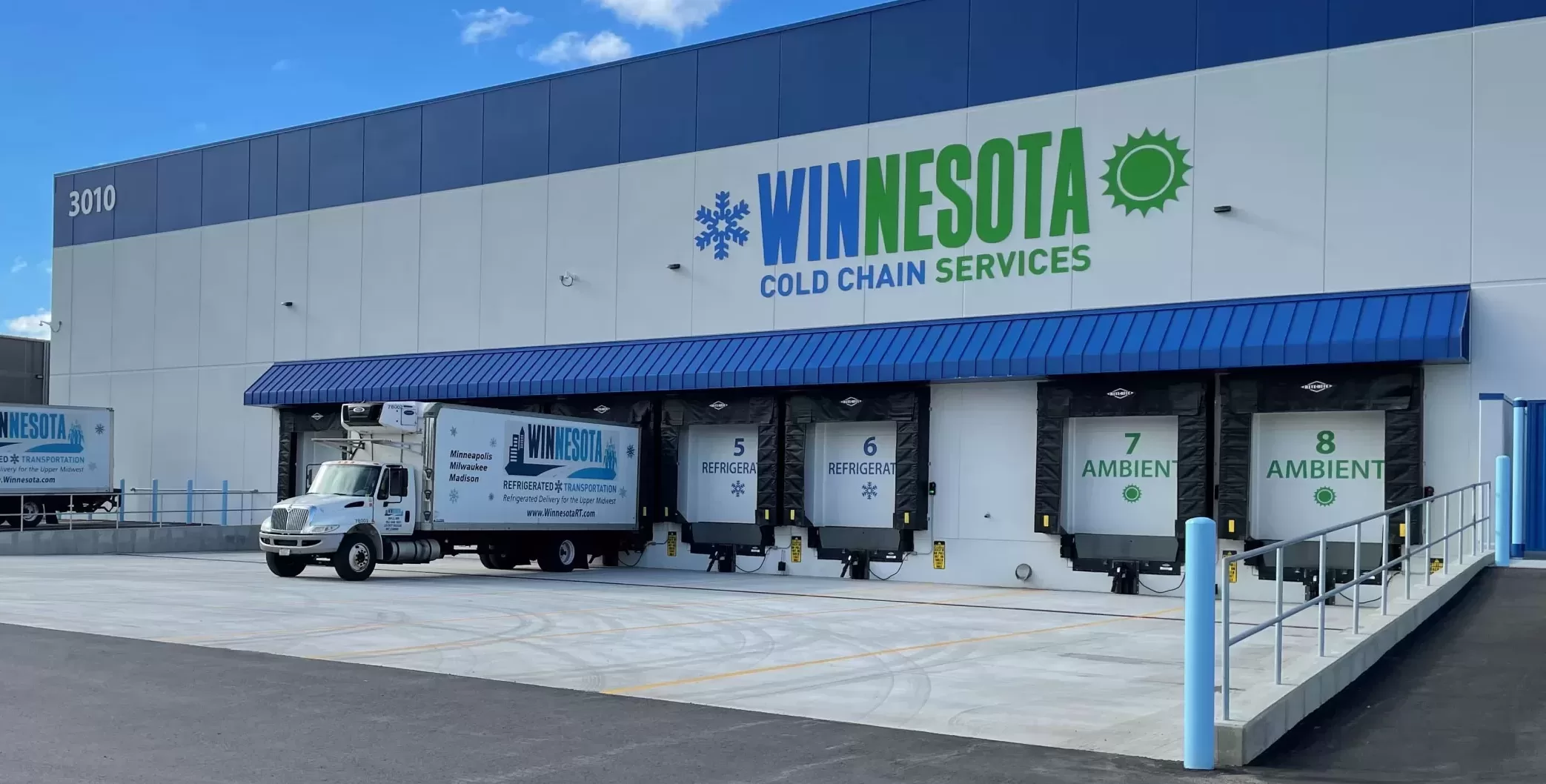
COLD CHAIN MANAGEMENT SERVICES
Request ServiceCHALLENGES IN COLD CHAIN LOGISTICS
In today’s global economy, Cold Chain Management Services have become indispensable in ensuring the safe transportation and storage of perishable goods. This specialized logistics discipline focuses on maintaining a product’s desired low-temperature range from manufacture until the final consumption point. It is pivotal in industries such as food and beverages, pharmaceuticals, and chemicals, where preserving the integrity of products is imperative for safety, efficacy, and quality.
- Temperature Fluctuations: Maintaining consistent temperature levels is the most significant challenge in cold chain logistics. Minor deviations can compromise the quality of sensitive products, leading to spoilage and significant losses.
- Regulatory Compliance: The cold chain industry is heavily regulated. Adhering to local and international standards and regulations can be complex, especially when tracking and documenting compliance across global supply chains.
- Logistics Efficiency: Ensuring timely delivery while maintaining product integrity requires sophisticated logistics planning. Factors such as route optimization, transportation mode selection, and handling procedures play critical roles.
- Technology Integration: Leveraging modern technology for real-time monitoring, traceability, and management of cold chain processes is essential. However, integrating and adopting new technologies can be challenging due to cost, complexity, and resistance to change.
- Cost Management: Operating cold chain logistics is cost-intensive, driven by energy consumption for cooling systems, specialized packaging materials, and advanced technology requirements. Balancing cost efficiency with quality assurance is a persistent challenge.
COLD CHAIN SUPPLY LOGISTICS & OPERATIONS
The proper management of cold chain logistics and operations is essential for several reasons:
- Maintaining Product Quality: Many products, especially perishable goods, require specific temperature conditions to maintain their quality and safety. A consistent cold chain preserves the integrity of these products, ensuring that they reach consumers in optimal condition.
- Minimizing Waste: Cold chain logistics also helps minimize waste by reducing spoilage and extending the shelf life of products. This is especially important in developing countries where food insecurity and hunger are prevalent, and any waste can have significant consequences.
- Ensuring Product Safety: Certain products, such as vaccines and biotechnology, must be handled and stored at specific temperatures to maintain effectiveness. Any deviation from these temperature requirements can compromise their safety, making cold chain logistics vital in ensuring their effectiveness.
- Meeting Regulatory Requirements: Cold chain logistics is critical to meeting regulatory requirements for many industries, including food and pharmaceuticals. Properly managing the cold chain ensures that products comply with regulations and standards set by governing bodies.
Areas Winnesota Multi-Temp Delivery & Storage Serves

What is the Cold Chain?
Cold chain refers to a temperature-controlled supply chain essential for maintaining the quality and safety of perishable products, including food, pharmaceuticals, and certain chemical products. It involves a series of storage and distribution activities that maintain a given temperature range, ensuring that perishable items are kept in optimal conditions from the point of origin to the final consumer. This process relies heavily on refrigerated production, storage, and distribution facilities, as well as logistics solutions incorporating the latest cooling technology and monitoring systems.
Why is it Important in Our Food Delivery Supply?
The importance of the cold chain in our food delivery supply cannot be overstated. First and foremost, it is crucial to ensure food safety. By maintaining foods at the correct temperatures, the growth of hazardous bacteria is significantly reduced, lowering the risk of foodborne illnesses. Additionally, a well-managed cold chain helps preserve the nutritional value of food and its texture, moisture content, and flavor, ensuring consumers receive high-quality products.
Furthermore, cold chain logistics play a pivotal role in reducing food waste. Many food spoilage and waste occur because of inadequate storage and transportation conditions. Through effective cold chain management, perishable products can reach their destination in prime condition, extending their shelf life and reducing the amount of food discarded.
From a broader perspective, an efficient cold chain supports global food security by enabling food transport across long distances, making it possible to feed a growing global population. It allows for the distribution of a diverse range of food products, contributing to people’s nutritional needs and dietary preferences worldwide. The cold chain is a vital component of our global food delivery system, ensuring that food remains safe, nutritious, and delicious from farm to fork.
